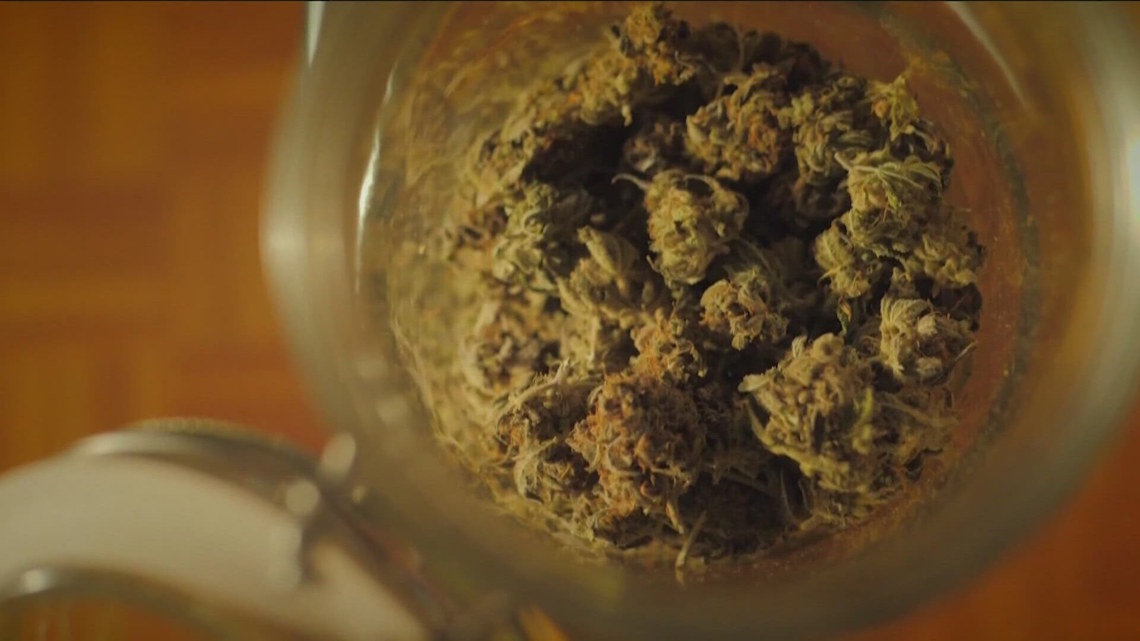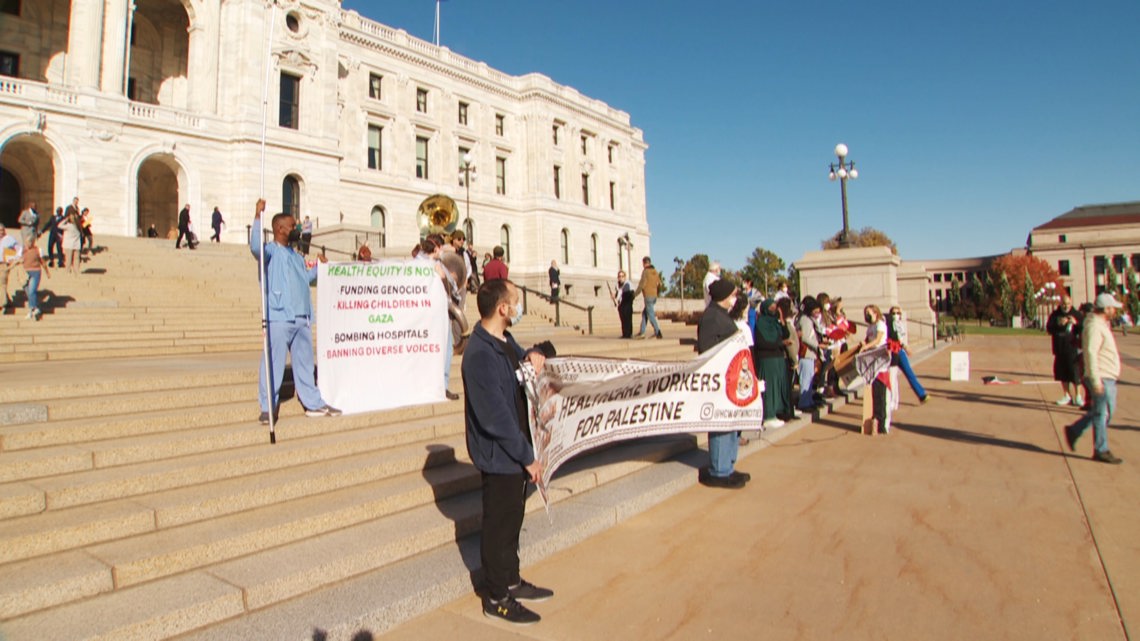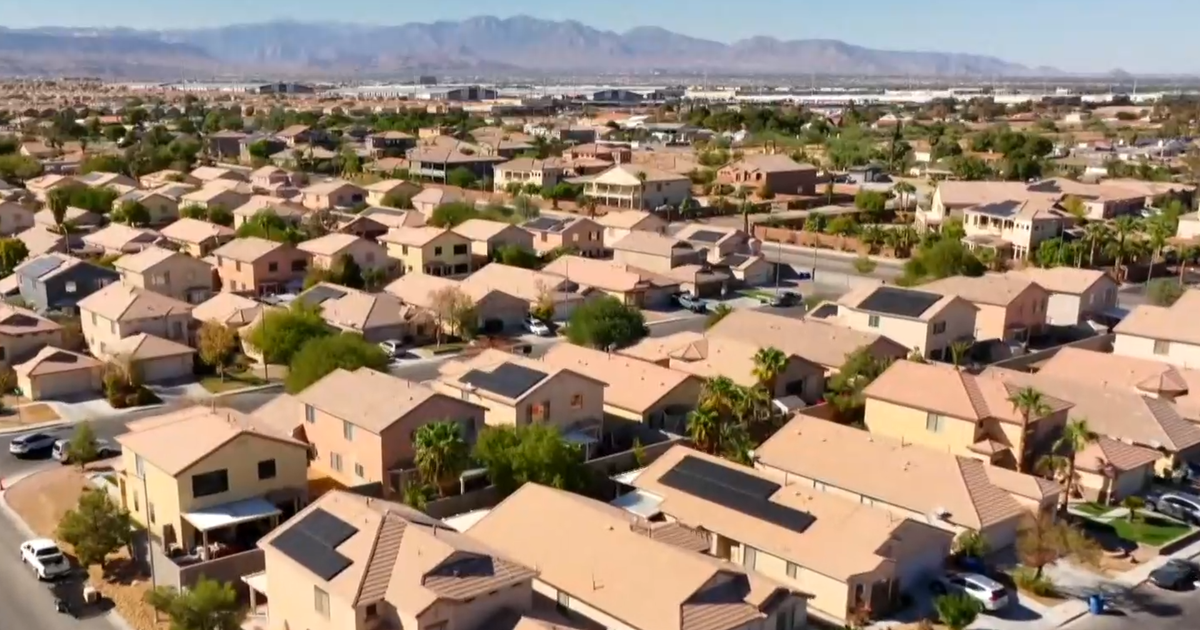Kare11
State grant to bolster St. Paul public safety efforts


A $13.6 million influx of money from the state will help the Capital City build up firefighting, crime prevention, and enforcement.
ST PAUL, Minn. — A $13.6 million public safety grant will be put to good use in the Capital City. That’s the word from Mayor Melvin Carter and his leadership team.
“We are endeavoring to build the most coordinated, comprehensive, and data-driven approach to public safety that our city has ever endeavored,” Mayor Carter told reporters at a news conference outside the St. Paul Police Department headquarters.
“We know that emergency response is a vital aspect of our public safety portfolio, and we know just how important it is to send the right people to the right scene.”
The money flowing to St. Paul across the next three years is part of a pot of $300 million in public safety grants state lawmakers approved last May. It’s one-time money, so it won’t be automatically renewed without action of the legislature. But Gov. Tim Walz, who co-hosted the press event, said how cities across the state use those dollars will help him make the case for more.
“A big chunk of this was one-time. It was wisely used by a lot of communities to catch back up on the stuff they needed, some of the stuff they weren’t going to get normally, but I think it makes the point,” Gov. Walz explained.
“This was an historic investment in public safety. And the approach we took is that local officials know best and putting the resources in the hands of folks who can tackle the individual issues in each community is what we should be doing.”
In St. Paul, the grant money will be used in ways that reflect the city’s wholistic approach to public safety, which stresses working behind the scenes with community partners on prevention as well as intervention and enforcement.
“We’re working to make those key preventions and interventions in the future so that the younger folks that are coming up and watching this behavior aren’t deciding to do it themselves,” St. Paul Police Chief Axel Henry remarked.
Chief Henry said he considers arrests of suspects after the fact important but compares it to winning a bronze medal. He sees the violence that’s stopped before it can happen is a better prize to win.
“We are down 40 percent in shots fired calls compared to last year. That’s 774 less shots fired calls year to date compared to last year. That’s 774 gold medals.”
The influx of state money will also help put more officers on the street by increasing the number of police academy sessions the St. Paul PD can conduct. But at least one third of the money will go to the city’s Office of Neighborhood Safety, which works with community-based partnerships behind the scenes to reduce violence.
Director Brooke Blakey said her department will be able to hire more community outreach workers that can bolster intervention efforts on the street.
“The Office of Neighborhood Safety has listened to what the community has asked, and we are using the investments given to us by the state to really work in partnership with our Saint Paul Police Department, with our Saint Paul Public Schools, our faith community, our community-based organizations that are out there doing that ground-level, grassroots-level work.”
The St. Paul Fire Department will be able to send more firefighters to paramedic training and purchase more state-of-the-art gear for fire scenes.
“Our EMS will be bolstered up and because of that we will have more available firefighters to respond to fires,” St. Paul Fire Chief Butch Inks told reporters.
“We’re going to be able to purchase the new self-contained breathing apparatus that will help us and allow us to enter into burning buildings, to not only put the fire out and save our residents but also protect our firefighters from toxic chemicals and smoke.”
While gun violence is trending down in Saint Paul, Mayor Carter cited the recent killing of 8th grader Monica Holley as vivid reminder the city must try even harder to stem the tide of bullets.
“We lost an eighth grader to gun violence in St. Paul. That same night we had three other teenage girls wounded by gun fire. That’s unacceptable. We won’t stand by and watch that happen!” Carter remarked.
“But I got a chance that night to be hopeful as I saw the way our police officers comforted the family who had lost their daughter.”
Carter said he also drew hope by seeing the team from the Office of Neighborhood Safety sit with parents of the other wounded teens while they were in surgery for their gunshot wounds.
Kare11
‘This doesn’t change anything’ Biden apology for Native American boarding schools draws mixed reaction


For the very first time, a sitting President has apologized for boarding schools that tore Native Americans apart and led to countless cases of abuse and death.
MINNEAPOLIS — During his first presidential visit to Indian Country on Friday, Joe Biden delivered a historic and emphatic apology, acknowledging 150 years of abuse, trauma and death inflicted by Native American boarding schools.
“I formally apologize, as President of the United States of America, for what we did,” Biden said. “It’s one of the most horrific chapters in American history,” said President Biden.
Christine Diindiisi McCleave, former CEO of the National Native American Boarding School Healing Coalition, spent years documenting the stories of boarding school survivors and advocating for justice and accountability by the US leaders.
“My family has two generations of boarding school history that I know of,” McCleave said, during an interview for the KARE 11 Series “Lost History,” which detailed the impact of boarding schools in Minnesota.
During his speech on Friday, President Biden acknowledged the work of the Native American Boarding School Healing Coalition and efforts to better understand the horrors and generational trauma the schools inflicted.
“Generations of Native children stolen, taken away to places they didn’t know,” Biden said. “Children abused emotionally, physically and sexually abused, forced into hard labor, some put up for adoption without the consent of their birth parents. Some left for dead in unmarked graves.”
Christine Diindiisi McCleave: “I struggle with what I’m supposed to say and what I really feel.”
Kent Erdahl: “Why do you say that?”
McCleave: “Well, because today is historic and while I am grateful to see this progress being made. I am also realizing just how short it falls… from real reparations, from real healing.”
She knows she’s not the only one who feels that way. The National Native American Boarding School Healing Coalition surveyed survivors in 2016.
“The thing they wanted the least was an apology because, while it is an acknowledgement, it doesn’t change anything,” McCleave said. “The majority of them said they wanted a truth commission. Trying to find out exactly how many boarding schools existed, how many children went to those boarding schools and how many children died at those schools.”
She says an investigation led by Interior Secretary Deb Haaland, whose grandparents and mother were among those sent to these schools did help better understand that impact, but it only scratched the surface.
“They were only able to investigate the Federal Government’s records,” McCleave said. “Half of these schools were run by churches, of various denominations, and so a truth commission would be able to look into those records as well.”
“Nearly one thousand documented Native child deaths, though the real number is likely to be much, much higher,” Biden said on Friday.
Bills in both the House and the Senate could make that commission a reality, but until that happens, Christine says she can’t ignore the politics of an apology that took place in a swing state, just days before an election.
McCleave: “This apology doesn’t change anything for my mother, who was abused as a child. Of for my grandfather who was a abused at a Catholic Indian Boarding School.”
Erdahl: “Do you hope that this isn’t just an election ploy?”
McCleave: “I hope that this apology actually helps that bill get passed. Native American people are no stranger to being political pawns, so you know what, if this is an election ploy so be it, I hope something good comes out of it.”
Kare11
Hazelden addiction, recovery experts host first cannabis summit


Researchers spoke about increased THC potency and the impact on youth brain development.
ST PAUL, Minn. — Whether purchased from dealer or dispensary, weed has become more potent over the years. In 2022, the federal government reported THC levels more than tripled since 1995.
Hazelden Betty Ford Foundation Graduate School addressed this Friday at its first cannabis summit. Attendees primarily included the nonprofit’s graduate students as well as undergraduate students from nearby universities.
Speakers included researchers from the University of Minnesota, Hamline University, Mitchell Hamline School of Law and others.
Ken C. Winters, is a senior scientist at the Oregon Research Institute’s Minnesota location and a consultant for the University of Iowa’s Native Center for Behavioral Health.
He covered the interplay between youth, cannabis and health.
“It’s not your grandparents’ marijuana these days,” Winters said to the students.
The Hazelden Betty Ford Foundation Graduate school offers a 2-year program, in which students like John Ryan and William Barksdale are earning counseling degrees in substance use and mental health.
“The takeaway would be that you’ve seen potency levels increase quite a bit, and the research is trying to keep pace with that,” Barksdale said.
“As we saw today, marijuana use has gone up in the last couple years such that it’s eclipsed alcohol use in terms of daily users in the United States,” Ryan added. “It’s is much more concerning now because there is such a higher degree of potency that’s available on a wider basis.”
Ryan says it’s especially concerning for youth.
“The subject of the last presentation, which I found quite engaging, was the specific effects on adolescents,” he said. “So, teenagers and people within that young adult range, the 18 to 25-year-olds because that’s generally the period the most brain development takes place. So that’s the area of concern … but it’s still something that I think is being studied and being observed in the first stages of that.”
Kevin Doyle provided opening remarks. He has more than 35 years of experience as a licensed professional counselor. Today, he’s president and CEO of the grad school.
“Potency, dosage, frequency of use, availability, legal cutoffs in terms of age, all those things need to be talked about,” Doyle said. “Adolescent brain development. We know more and more about that every year. Sometimes it seems like every day we learn more about that.”
“How do we as a treatment community need to be prepared to respond?”
The summit comes as Minnesota works to set rules for the cannabis industry after legalizing the drug for recreational use last year. A public comment period is expected later this fall.
Kare11
Health care workers rally for aid for Palestine’s hospitals


The World Health Organization says only a fraction of hospitals still function in Gaza after the bombings by Israeli military.
ST PAUL, Minn. — Health care workers rallied at the state capitol, demanding Minnesota’s healthcare systems support the liberation of Palestine, aid its hospitals and workers, and allow employees to openly voice their opinions.
The World Health Organization says only a fraction of hospitals still function in Gaza after the bombings by Israeli military with health care workers being among those killed. Leaders of the Israeli military say that Hamas stores weapons and hosts operations at hospitals.
But Health Care Workers for Palestine says there is nothing complicated about ensuring Palestinians have access to health care and are urging their employers to take a stand.
Organizers are asking Minnesota’s healthcare systems to support the liberation of Palestine, aid their hospitals and their workers, and allow employees to openly voice their opinions.
“We have been watching a live streamed genocide directly targeting hospitals for over a year and watching hospitals be bombed,” said organizer Alycia Garubanda.
Garubanda says multiple Minnesota healthcare systems have silenced conversations about Palestine.
The group says HCMC banned a Palestinian physician from teaching more about Palestinian Health.
HCMC calls that a “false narrative” and in a statement said that “we are saddened by the notion that hosting specific people or sharing specific messages is the only valid way to stand in solidarity. Activism takes many forms and we all have the ability to contribute in ways that align with our own values.”
“There’s a real, I think feeling of censorship and repression. I think that a lot of healthcare workers are afraid to speak out,” said Pediatrician Aarti Bhatt. “I don’t think that’s political. I think people do need access to health care to live healthy lives.”
Health Care Workers for Palestine also says a webinar from PrairieCare’s DEI Clinical Consultant was taken down. The group says the webinar mentioned Palestinian mental health, along with the needs of other BIPOC communities.
Prairie CARE said in a statement that the presentation was never banned and as a healthcare provider it will ”support a peaceful end to the suffering in the Middle East with compassion for all those affected.”
The Jewish Community Relations Council said it longs to see peace between Israel and its Palestinian neighbors.
“This peace can be achieved as soon as Hamas, the genocidal terrorist government of Gaza, surrenders and returns the estimated 100 hostages,” the statement read.
Maryam, who asked to not use her last name, is a nurse, student and Palestinian.
“Everything that we’ve ever known, friends, family, everyone’s being, like, bombed and massacred,” said Maryam. “No Palestinian has a chance to even grieve that.”
Maryam said the oath that health care workers take goes against staying silent.
“What I’m calling for is for them to stand by their oath that they swore to and advocate for the injustice that is happening in the world,” she said.




GIPHY App Key not set. Please check settings